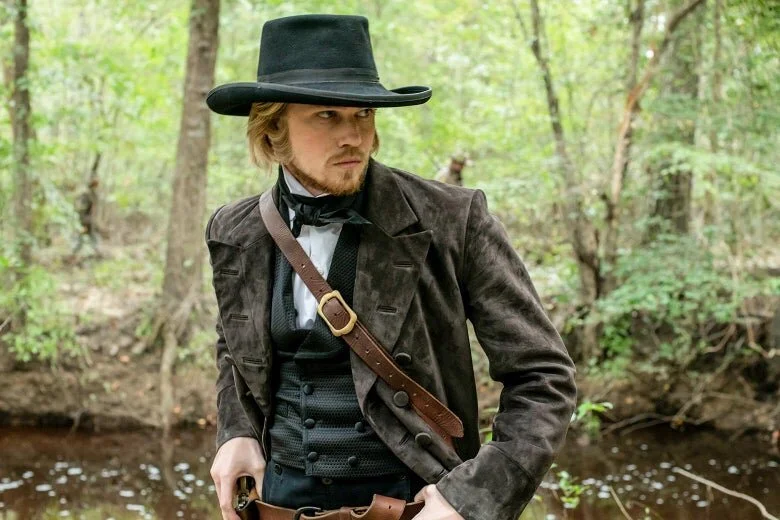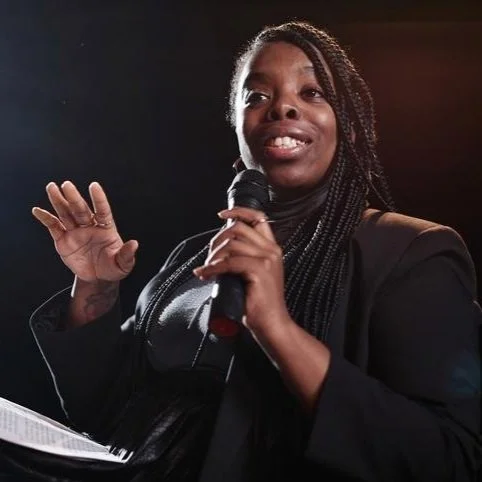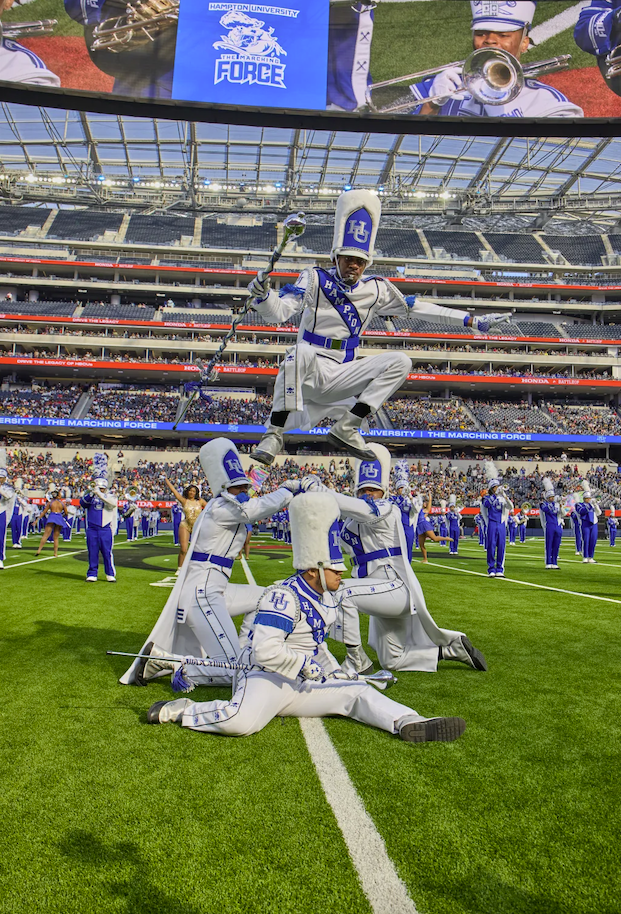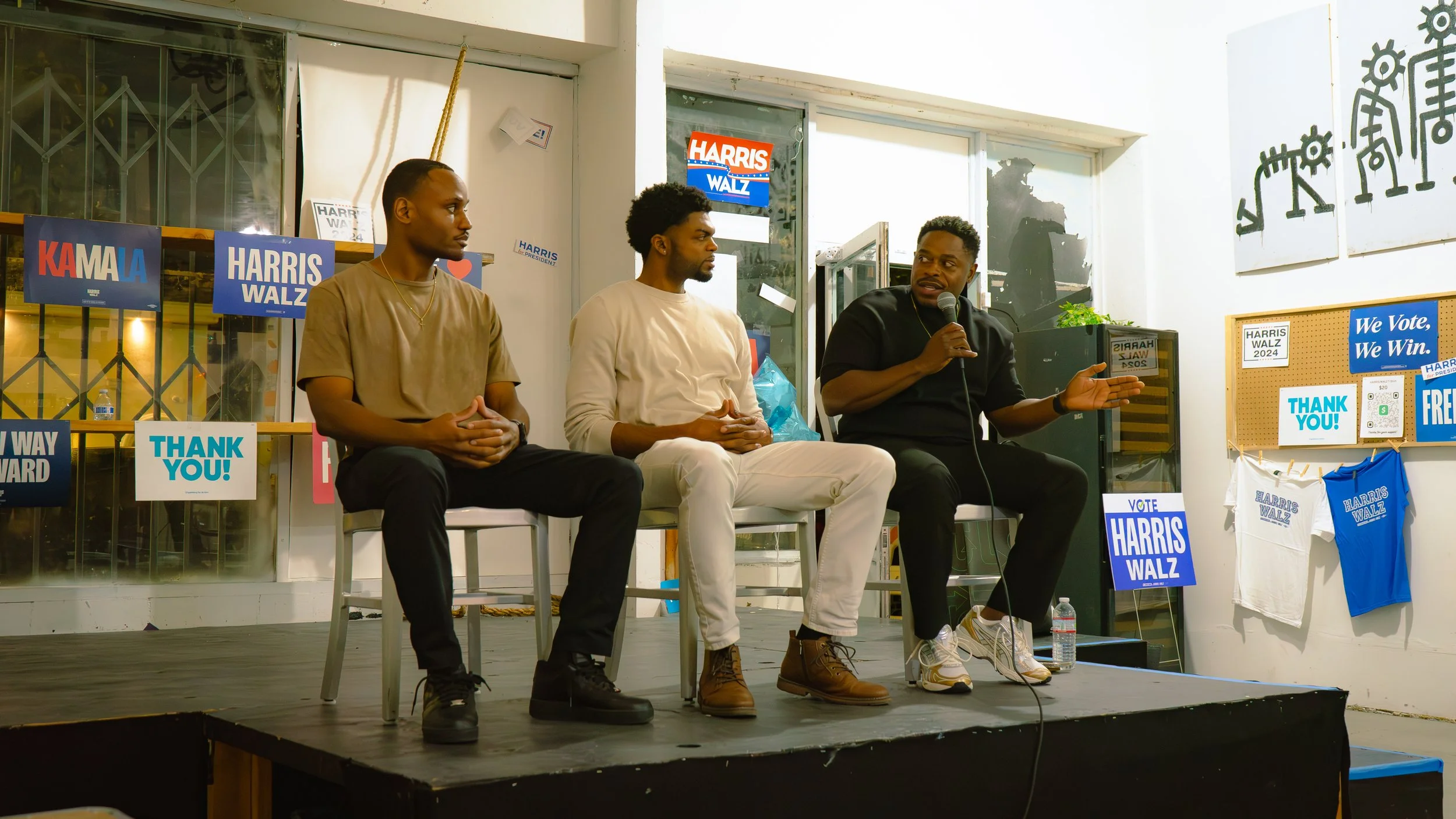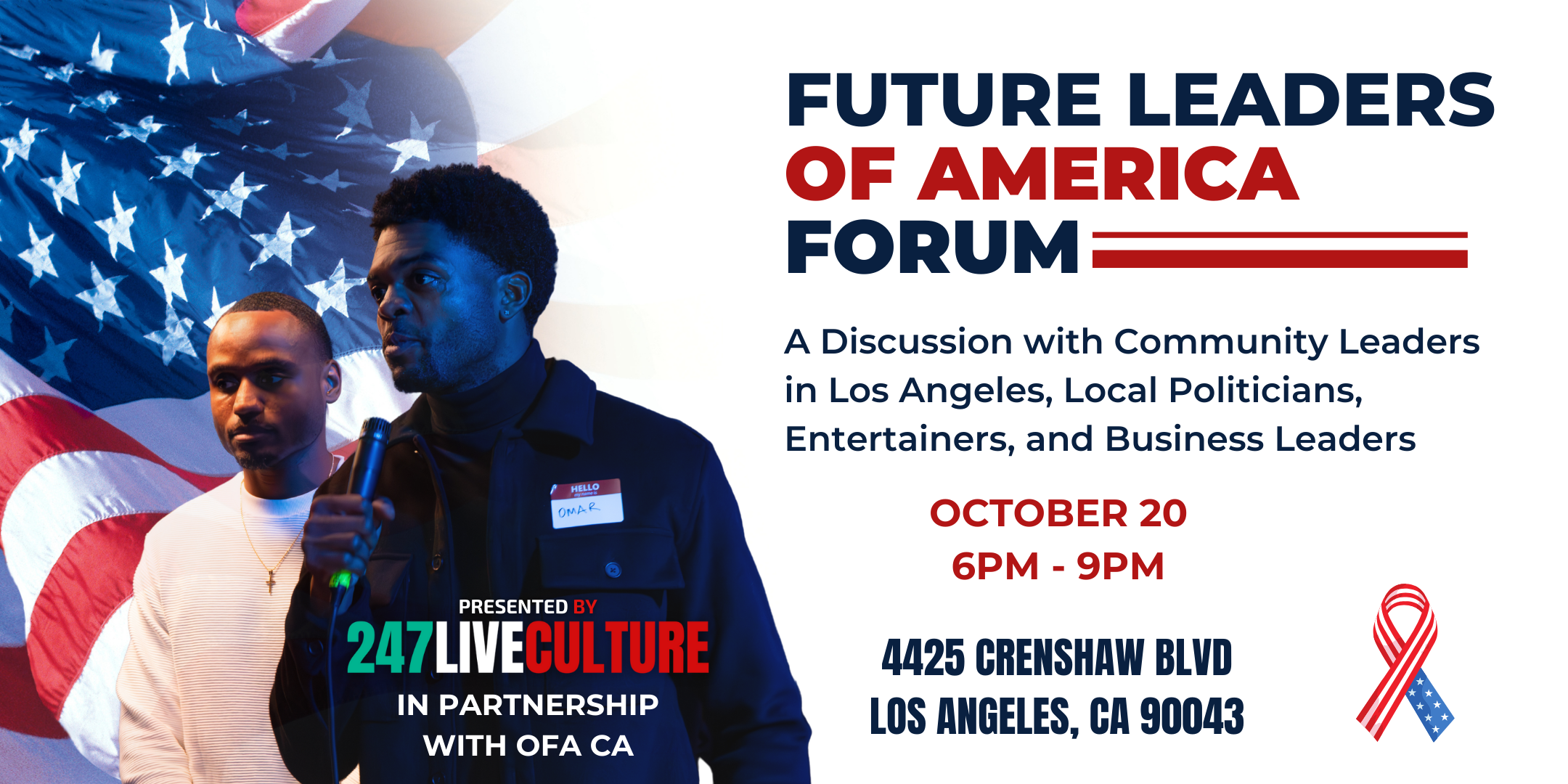White Saviorism in Black Movies: Can't We Help Ourselves?
By: Raki Jordan
From The Blindside to Harriet, Black movies or movies centered around a Black protagonist always have a certain commonality among them all. The very essence of Black movies is centered on the premise that they cannot help themselves, unless, some form of 'whiteness' (may it be physical or spiritual) is involved in helping the Black protagonist achieve their goal. The questions must be asked: Why is White saviors a lingering theme among Black movies? Can't we help ourselves? And if we can't, then is the trope of a white savior an ideology that Black and non-Black people cannot uplift themselves, without the guidance of a White hero?
The term 'white saviorism' is defined as an act or the willingness to help and/or control the narrative of non-white people—which, then, portrays White people as a hero. White saviorism in movies is not a new practice; the fundamentals of it had been around since cinema became an American past-time. A prime example is a film called, To Kill a Mocking Bird (1962). The ideology of placing White folks as the center of Black films shows that Black people cannot provide from themselves.
This is rooted in the concept that Black people lack the moral compass to make rationalizations, that results in the betterment of their predicaments. And the idea is that Black people cannot reach this level of morality—virtue—ethics, unless, it is taught or portrayed through White folks. This, then, will spark a flame within the Black protagonist to better themselves or others, in some way. We've been soaked into the conditioning of White saviorism in movies, that we give no mention that this concept shows the narcissistic complex of White people. One group is shown to be a hero—a Messiah in some form, while the other is seen as a savage—simple-minded group, who always needs help.
Joe Alwyn in Harriet. Photo by Glen Wilson / Focus Features
When we think of White saviors in Black films, we pictured the basic movie where a white teacher goes into an inner-city public school (they have no business going into), and is the inspiration in the students' lives, giving them the 'encouragement' to graduate and do better. Let's steer from that cinematic trope, and focus on the evolved version of White saviors in films:
In the 2019 'biopic' movie Harriet, we can see the evolved version of White saviorism in today's society. The movie surrounds Harriet Tubman as the leading protagonist, who's escaping to and from the shackles of slavery, to free her people. It seems simple enough. However, looking at it closely, the movie focused on her only being able to escape and have confidence because she's getting visions from some outer force. Let's considered this force to be God. In the time Harriet was alive, the depiction of God was solely limited to the imagery of White people. Not only that, but the movie takes away Harriet as a Black woman who was fueled by fear and passion, which led her to be able to travel great lengths and free hundreds of slaves.
Harriet is a cesspool of White saviorism as it doesn't portray the Black protagonist as someone who can do for themselves, but relay of the spiritual concept of morality from someplace else. Looking much deeper into the film, we as viewers, turned to hate the Black bounty hunter (who's a fictional character), and admire—even going as far as to sympathize with the slave master, who 'saved' Harriet from being killed by the Black bounty hunter.
Although the film was created to show the strength of a Black woman, her strength was only gained through spiritual enhancements and the help of a White man. This undermines the ability of a Black woman to be able to do all those things, on her own. This concept is even seen in Django Unchained, Hidden Figures, Green Book, 12 Years A Slave, and many, many more. And yes, even in the newest Black centered film, Queen and Slim.
White saviorism in Black films undermines the reality of Black people. In every Black film, there's one or sometimes multiple White individuals, who happens to uplift or help Black people in some way. This concept takes away the very reality of how society is towards Black people. The idea that there's always a beckon of hope lingering in the air, lessens the fact that America dislikes Black people in many ways, but only love them when they are under its boot. When will an accurate depiction of slavery, Black triumph—resilience be produce, without the narrative of White saviorism? Or is it too late to create one because everyone is conditioned to the White savior concept?



